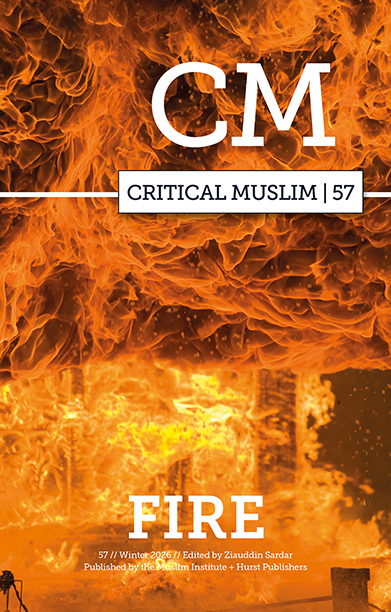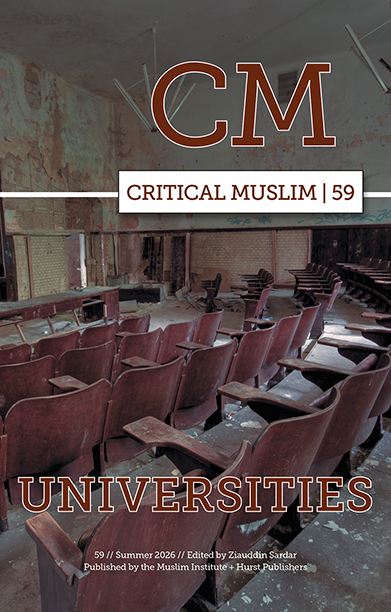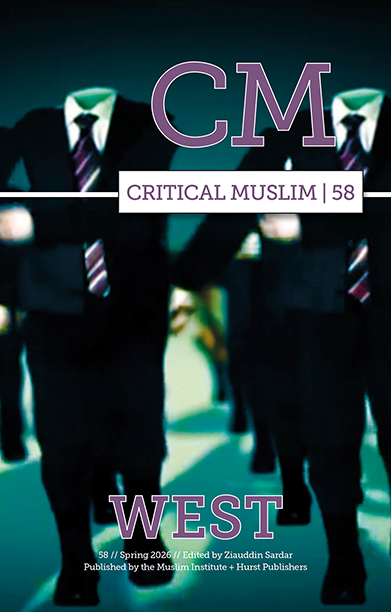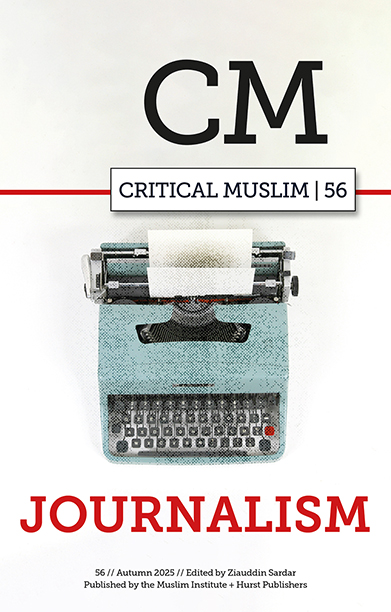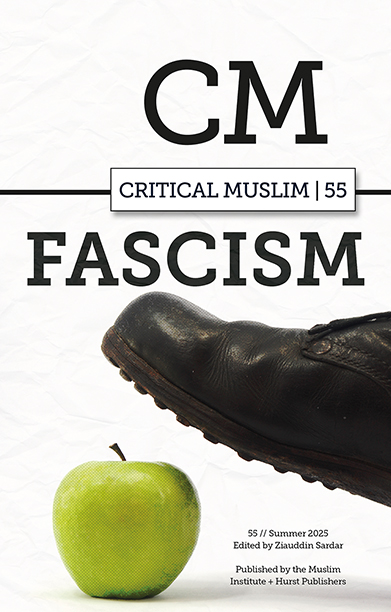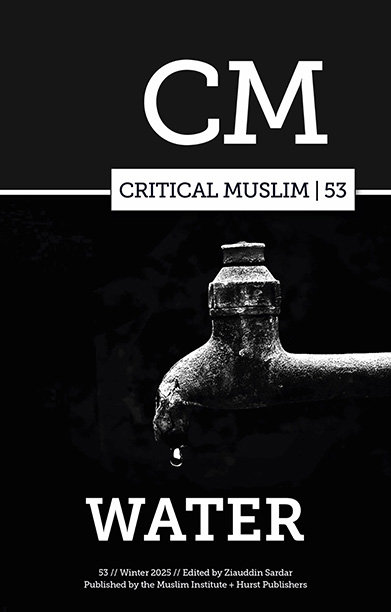Description
Humanity shares an intimate history with fire. It appears in arts and language predating civilisation, often seen as its origin point. From Prometheus’s theft and Hawaii’s volcano goddess Pele to the smokeless flames that created djinns in pre-Islamic tales, where we see humanity, we see fire. It can be a source of creation and a source of destruction. Necessary, but uncontained―troublesome indeed. Revealer, for better or worse. Fire features in a variety of religious practices, often as a metaphor for divine intervention, especially in the Abrahamic religions. Today, however, fire seems to be the element of the age―from the scorching words and red-hot extreme opinions of our public debates, to the climate change–fuelled flames that now regularly engulf entire continents. We seem upon the precipice of ultimate irony: born by flame, to perish by flame. But must the tale of humanity and fire end in a terminal ash heap? This issue of Critical Muslim investigates.
About Critical Muslim: A quarterly publication of ideas and issues showcasing groundbreaking thinking on Islam and what it means to be a Muslim in a rapidly changing, interconnected world. Each edition centers on a discrete theme, and contributions include reportage, academic analysis, cultural commentary, photography, poetry, and book reviews.
Editor(s)
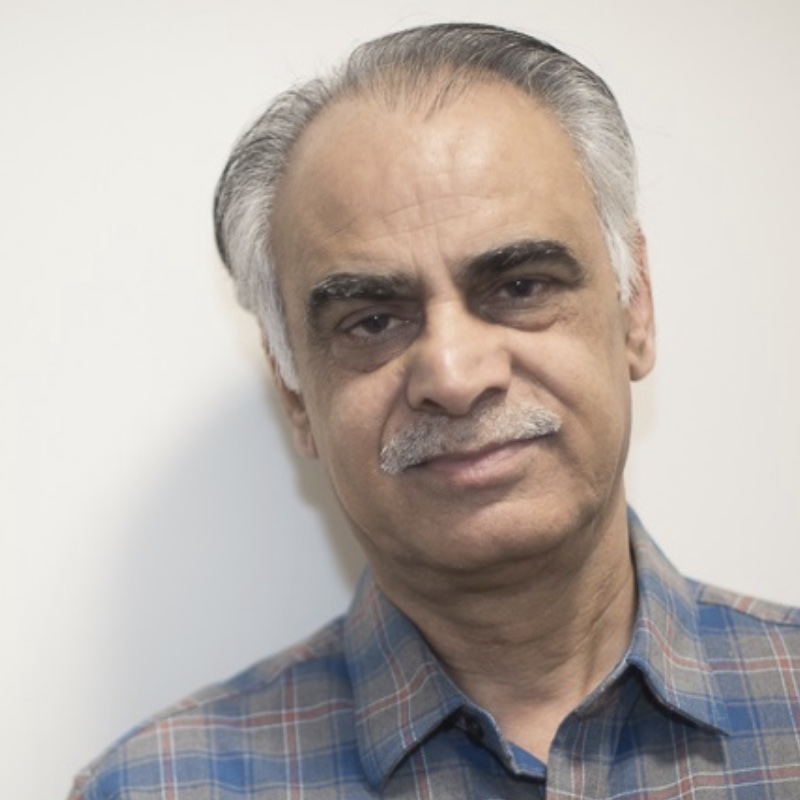
Ziauddin Sardar is an award-winning, internationally renowned writer, futurist and cultural critic. His many books include Three Begums; Reading the Qur’an and A Person of Pakistani Origins (all published by Hurst); Mecca: The Sacred City; and Desperately Seeking Paradise: Journeys of a Sceptical Muslim. A former New Statesman columnist and UK equality and human rights commissioner, he is Editor of the influential quarterly Critical Muslim.
